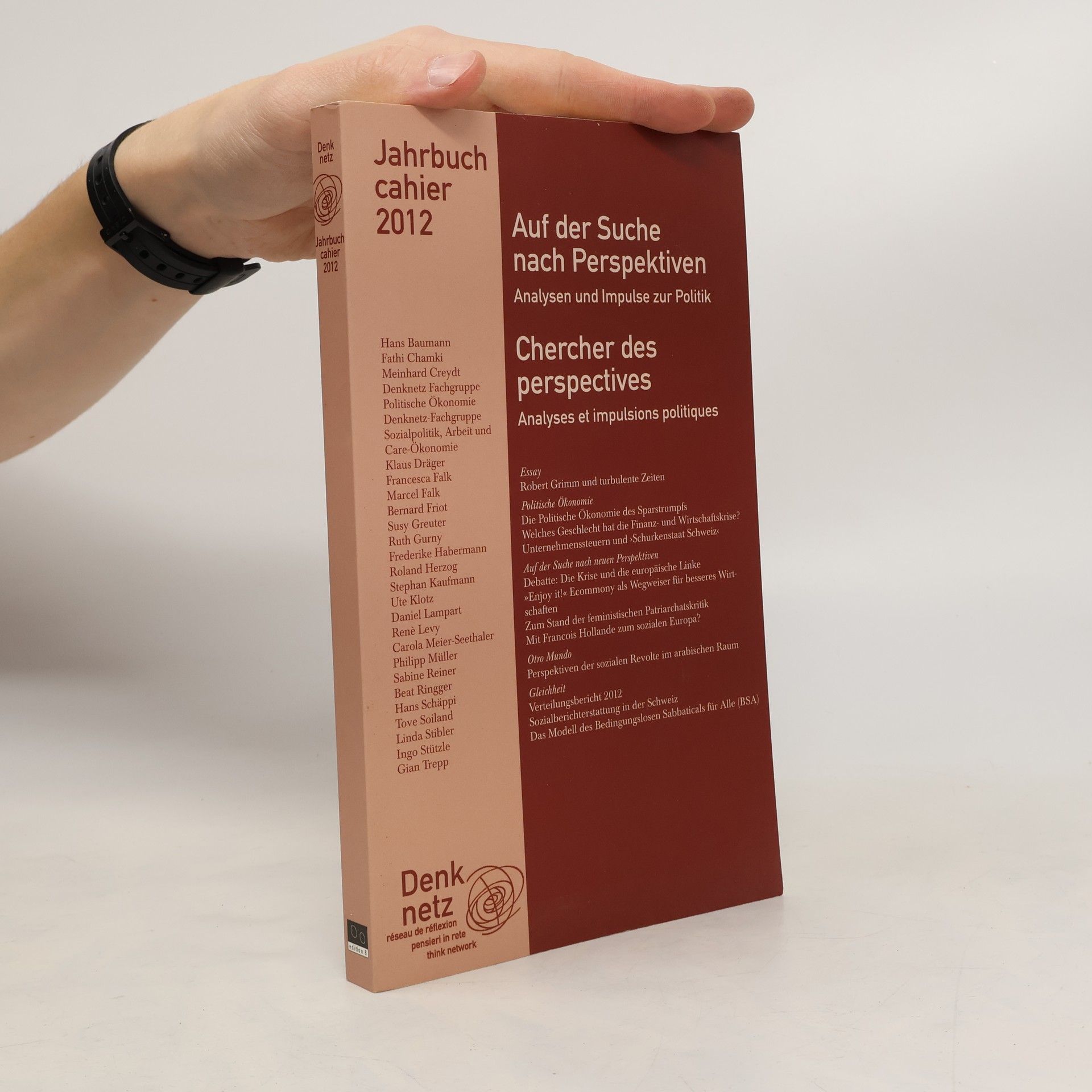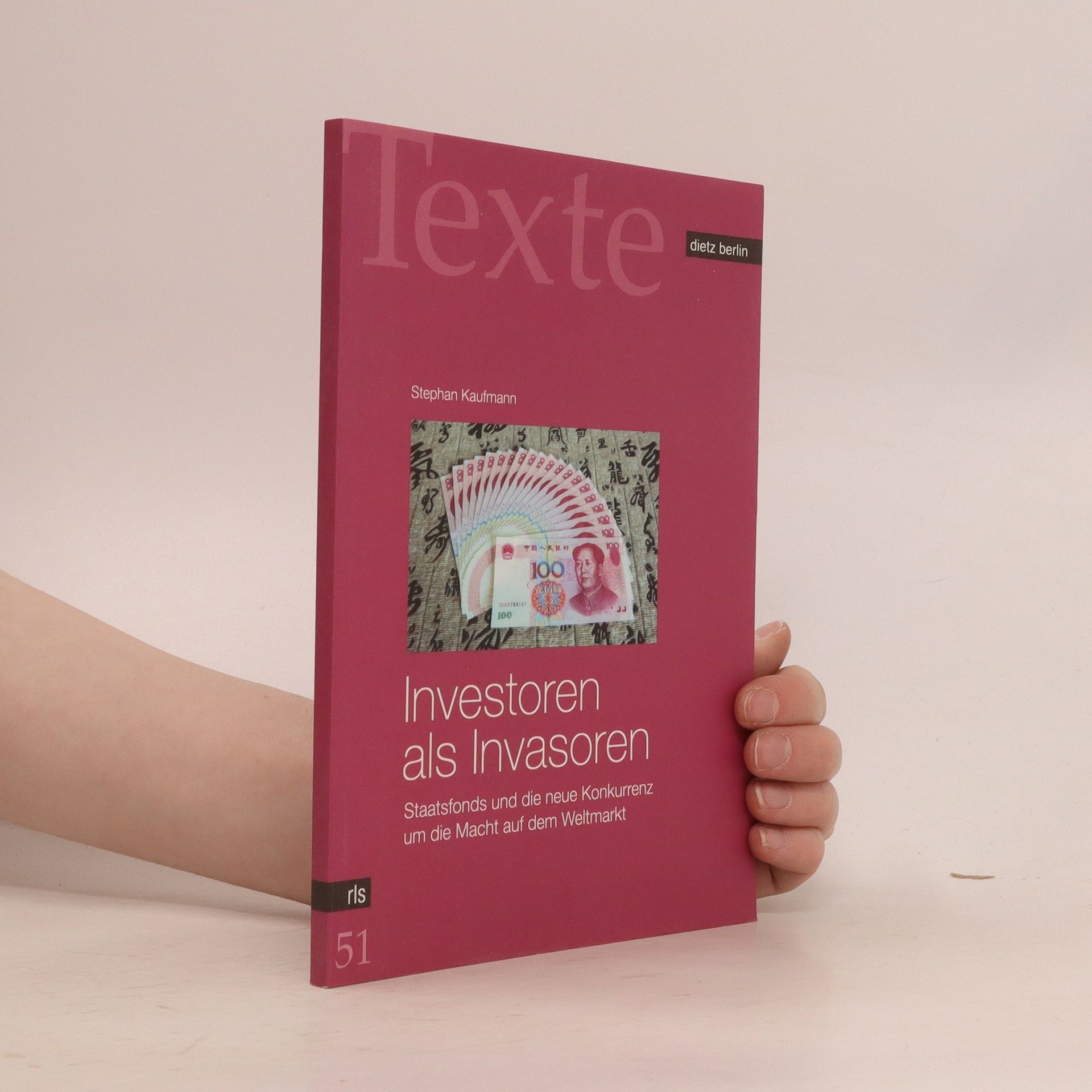Kapitalismus: Die ersten 200 Jahre
Thomas Pikettys "Das Kapital im 21. Jahrhundert" und "Kapital und Ideologie"
- 122 pages
- 5 hours of reading
Die zentrale These von Thomas Piketty besagt, dass im modernen Kapitalismus die Ungleichheit systematisch wächst, da die Rendite aus Kapital in der Regel höher ist als das Wirtschaftswachstum. Dies führt zu einer immer reicher werdenden Elite. Das Buch hat internationale Aufmerksamkeit erregt und wird sowohl gefeiert als auch heftig kritisiert. Die kompakte Analyse "Kapitalismus: Die ersten 200 Jahre" fasst Pikettys Argumente zusammen, beleuchtet die Kontroversen und diskutiert die Grenzen seiner Thesen. Die Neuauflage enthält zusätzlich ein Kapitel über Pikettys Werk "Kapital und Ideologie".




